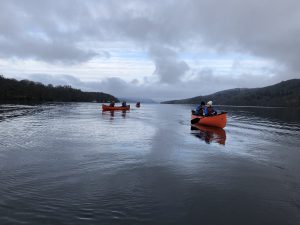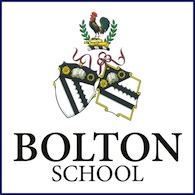 Is the curriculum of our schools too narrow? A great deal has been written about how performance measures such as progress 8 and some other league tables have led to the creative arts being squeezed in the curriculum. There is concern also about modern foreign languages, especially German, where numbers have fallen dramatically. A funding squeeze is also suggested as a reason for this increasing lack of diversity in the state school curriculum.
Is the curriculum of our schools too narrow? A great deal has been written about how performance measures such as progress 8 and some other league tables have led to the creative arts being squeezed in the curriculum. There is concern also about modern foreign languages, especially German, where numbers have fallen dramatically. A funding squeeze is also suggested as a reason for this increasing lack of diversity in the state school curriculum.
Certainly reducing the range of subjects taught in a school cannot be a good things, as pupils might well miss out on experiencing the area of expertise they could develop in later life. To follow the line of Sir Ken Robinson, how can you “find your passion”if you never have a chance to try things out. And if you can’t try things out at school, when would you once adult life has begun?
But I would go further. The narrow curriculum is not just about subjects. I would argue that the language we use about extra-curricular and co-curricular activities is not all that helpful. Far from being an extra or alongside the main subjects these non- academic parts of what goes on in a good school are absolutely integral to the development of young people. A chance for competitive sport, playing chess, developing hobbies and interests for later life, learning how to debate, outdoor learning, drama, performing music for an audience. These are all life experiences a school should provide, yet if academic subjects are narrowing down these activities certainly are under pressure.
When our children are in Junior Schools we all enjoy them in the play and watch them in sports day and get them ready for the residential trip. Is it not the case that things become much too narrowed to an ever narrowing range of academic subjects in senior schools? Independent schools do have all this wider activity and know its importance. Then they are seen to be giving a privilege that should be available to every child. I think that should be part of a standard curriculum, not a bolt on. Surely the only way to get this funded for state schools cannot be to add it to some always imperfect performance measure. Yet if we seem only to get what is measured then perhaps it should be.

Leave a Reply